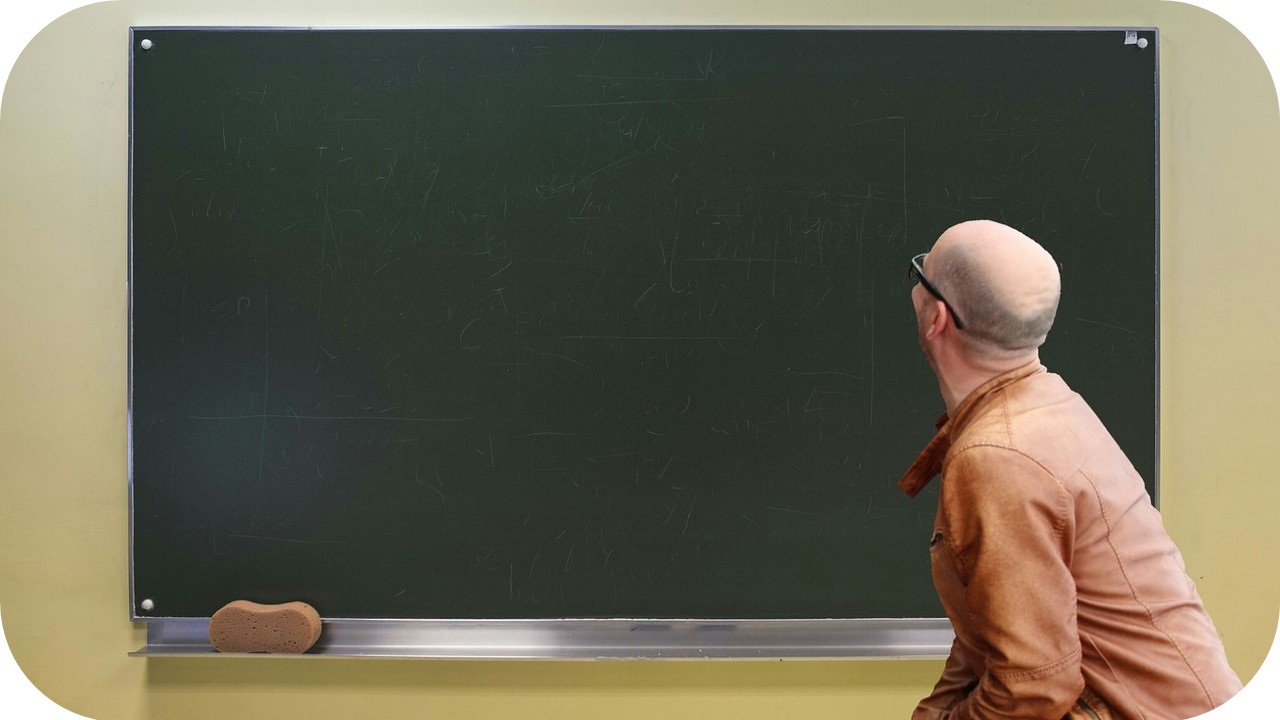Science teachers and non-formal education: Which are their expectations?

Downloads
- PDF (Español (España)) 388
- EPUB (Español (España)) 23
- VISOR (Español (España))
- MÓVIL (Español (España))
- XML (Español (España)) 25
DOI
https://doi.org/10.25267/Rev_Eureka_ensen_divulg_cienc.2024.v21.i1.1103Info
Abstract
Este artículo presenta un estudio longitudinal de cuatro años en el que se analiza qué espera aprender el profesorado que participa en una actividad científica no formal. A diferencia de estudios precedentes, el trabajo centra la atención en una actividad de larga duración. Las respuestas dadas por los docentes a una pregunta abierta se sometieron a un análisis interpretativo-descriptivo que permitió obtener cinco grandes categorías de respuesta y cinco perfiles de profesor que representan y permiten caracterizar las contestaciones de los docentes. Se concluye que el profesorado percibe la actividad como una oportunidad formativa multidisciplinar con la que expandir y diversificar su formación docente y especialmente, con la que adquirir nuevas estrategias de enseñanza-aprendizaje que poder trasladar al aula.
Palabras clave: Educación no formal; formación del profesorado; educación secundaria; expectativas del profesorado.
Science teachers and non-formal education: Which are their expectations?
Abstract: This article presents a four-year longitudinal study analysing what teachers who participate in a non-formal scientific activity think they will learn during the activity. Unlike previous studies, this paper is focused on a long-term activity. The answers given by the teachers to an open-ended question were subjected to an interpretative-descriptive analysis which allowed the emergence of five main categories of response and five teacher profiles. These categories and profiles allowed the characterization and interpretation of teachers’ responses. It is concluded that the teachers perceive the activity as a multidisciplinary training opportunity with which to expand and diversify their formation and, especially, to acquire new teaching-learning strategies that can be transferred to their classrooms.
Keywords: Non-formal education; teacher training, secondary education; teachers’ expectations.
Keywords
Downloads
Supporting Agencies
License
Copyright (c) 2024 Jorge Martín-García, María Eugenia Dies Álvarez

This work is licensed under a Creative Commons Attribution-NonCommercial 4.0 International License.
Require authors to agree to Copyright Notice as part of the submission process. This allow the / o authors / is non-commercial use of the work, including the right to place it in an open access archive. In addition, Creative Commons is available on flexible copyright licenses (Creative Commons).

Reconocimiento-NoComercial
CC BY-NC
References
Abrahams, I. y Reiss, M. J. (2012). Practical work: Its effectiveness in primary and secondary schools in England. Journal of Research in Science Teaching, 49(8), 1035-1055.
https://doi.org/10.1002/tea.21036
DeWitt, J. y Storksdieck, M. (2008). A Short Review of School Field Trips: Key Findings from the Past and Implications for the Future. Visitor Studies, 11(2), 181-197. https://doi.org/10.1080/10645570802355562
García-Ruiz, J. M. (2013). Cristalización en la Escuela. Anales de la Real Sociedad Española de Química, 109(3), 244-245.
Garner, N. y Eilks, I. (2015). The Expectations of Teachers and Students Who Visit a Non-Formal Student Chemistry Laboratory. EURASIA Journal of Mathematics, Science and Technology Education, 11(5), 1197-1210.
https://doi.org/10.12973/eurasia.2015.1415a
Garner, N., Siol, A. y Eilks, I. (2015). The Potential of Non-Formal Laboratory Environments for Innovating the Chemistry Curriculum and Promoting Secondary School Level Students Education for Sustainability. Sustainability, 7(2), 1798-1818.
https://doi.org/10.3390/su7021798
Karnezou, M. Pnevmatikos, D., Avgitidou, S. y Kariotoglou, P. (2021). The structure of teachers’ beliefs when they plan to visit a museum with their class. Teaching and Teacher Education, 99, 103254.
https://doi.org/10.1016/j.tate.2020.103254
Kisiel, J. (2013). Introducing Future Teachers to Science Beyond the Classroom. Journal of Science Teacher Education, 24(1), 67-91.
https://doi.org/10.1007/s10972-012-9288-x
Kook, J. F. y DeLisi, J. (2020). Approaches for conducting middle school science fairs: A landscape study. Science Educator, 27(2), 71-80.
Ma, H. y Green, M. M. (2021). Learning to Teach in Place: Transforming Pre-service Teacher Perceptions of Science Teaching Through Place Pedagogies. Australian Journal of Teacher Education, 46(7), 53-69.
https://doi.org/10.14221/ajte.2021v46n7.3
Martín-García, J. and Dies Álvarez, M. E. (2021). La relación profesor-alumno en contextos no formales: El Concurso de Cristalización en la Escuela. En J. A. Marín, J. M. Trujillo Torres, G. Gómez García, and M. N. Campos Soto (Eds.), Hacia una educación sostenible en educación. (Primera, pp. 355–367). Dykinson.
Martín-García, J., y Dies Álvarez, M. E. (2022). An examination of teacher’s goals for a school crystal growing competition: More than having fun. International Journal of Science Education, 44(6), 962-979.
https://doi.org/10.1080/09500693.2022.2059121
Mayring, P. (2014). Qualitative content analysis: Theoretical foundation, basic procedures and software solution.
https://nbn-resolving.org/urn:nbn:de:0168-ssoar-395173
Oliva, J. M., Matos, J., Bueno, E., Bonat, M., Domínguez, J., Vázquez, A. y Acevedo, J. A. (2004). Las exposiciones científicas escolares y su contribución en el ámbito afectivo de los alumnos participantes. Enseñanza de las ciencias: revista de investigación y experiencias didácticas, 22(3), 425-440.
Oliva, J. M., Matos, J. M. y Acevedo, J. A. (2008). Contribución de las exposiciones científicas escolares al desarrollo profesional docente de los profesores participantes. Revista Electrónica de Enseñanza de las Ciencias, 7(1), 178-198.
Schmidt, I. y Di Fuccia, D.-S. (2014). Science Education in Out-of-School Contexts. En Conference proceedings: New perspectives in science education: 3rd conference edition (1st ed., pp. 328-332). Pixel.
Strauss, A. y Corbin, J. (2002). Basics of qualitative research. Techniques and procedures for developing grounded theory. (1a). Editorial Universidad de Antioquia.
Tisza, G., Papavlasopoulou, S., Christidou, D., Iivari, N., Kinnula, M. y Voulgari, I. (2020). Patterns in informal and non-formal science learning activities for children–A Europe-wide survey study. International Journal of Child-Computer Interaction, 25, 100184.
https://doi.org/10.1016/j.ijcci.2020.100184
Whelan, J., Koussa, J., Chehade, I., Sabanovic, M., Chang, A., Carelli, D., An, Z., Zhang, L., Bernstein, J. y Rabeh, W. M. (2018). Crystal growth, a research-driven laboratory course. Journal of Applied Crystallography, 51(5), 1474-1480.






